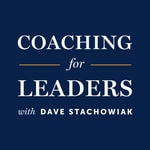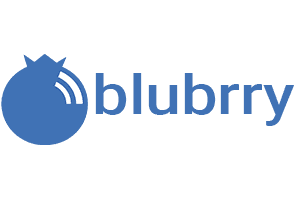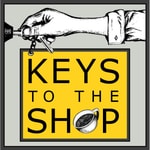Coaching for Leaders – Détails, épisodes et analyse
Détails du podcast
Informations techniques et générales issues du flux RSS du podcast.

Coaching for Leaders
Dave Stachowiak
Fréquence : 1 épisode/8j. Total Éps: 656

Classements récents
Dernières positions dans les classements Apple Podcasts et Spotify.
Apple Podcasts
🇨🇦 Canada - management
31/07/2025#5🇨🇦 Canada - business
31/07/2025#48🇬🇧 Grande Bretagne - management
31/07/2025#9🇩🇪 Allemagne - management
31/07/2025#64🇺🇸 États-Unis - management
31/07/2025#15🇫🇷 France - management
31/07/2025#47🇨🇦 Canada - management
30/07/2025#5🇨🇦 Canada - business
30/07/2025#49🇬🇧 Grande Bretagne - management
30/07/2025#7🇬🇧 Grande Bretagne - business
30/07/2025#80
Spotify
Aucun classement récent disponible
Liens partagés entre épisodes et podcasts
Liens présents dans les descriptions d'épisodes et autres podcasts les utilisant également.
See all- http://coachingforleaders.com/feedback
18 partages
- http://coachingforleaders.com/subscribe
15 partages
- http://coachingforleaders.com/itunes
6 partages
Qualité et score du flux RSS
Évaluation technique de la qualité et de la structure du flux RSS.
See allScore global : 74%
Historique des publications
Répartition mensuelle des publications d'épisodes au fil des années.
695: Team Collaboration Supports Growth Mindset, with Mary Murphy
Épisode 695
lundi 26 août 2024 • Durée 39:19
694: The Neurodiversity Edge in Organizations, with Maureen Dunne
Épisode 694
lundi 19 août 2024 • Durée 38:33
685: How to Start a Top Job, with Ty Wiggins
Épisode 685
lundi 17 juin 2024 • Durée 39:35
595: How to Deal With Passive-Aggressive People, Amy Gallo
Épisode 595
lundi 19 septembre 2022 • Durée 39:53
594: How to Begin Difficult Conversations About Race, with Kwame Christian
Épisode 594
lundi 12 septembre 2022 • Durée 39:18
593: How to Start Finding Useful Stories, with David Hutchens
Épisode 593
lundi 5 septembre 2022 • Durée 40:00
592: How to Change the Way You Think, with Ari Weinzweig
Épisode 592
lundi 29 août 2022 • Durée 35:03
591: How to Build a Network While Still Doing Everything Else, with Ruth Gotian
Épisode 591
lundi 22 août 2022 • Durée 38:40
590: How to Genuinely Show Up for Others, with Marshall Goldsmith
Épisode 590
lundi 15 août 2022 • Durée 35:09
589: How to Create Inclusive Hiring Practices, with Ruchika Tulshyan
Épisode 589
lundi 8 août 2022 • Durée 36:38

